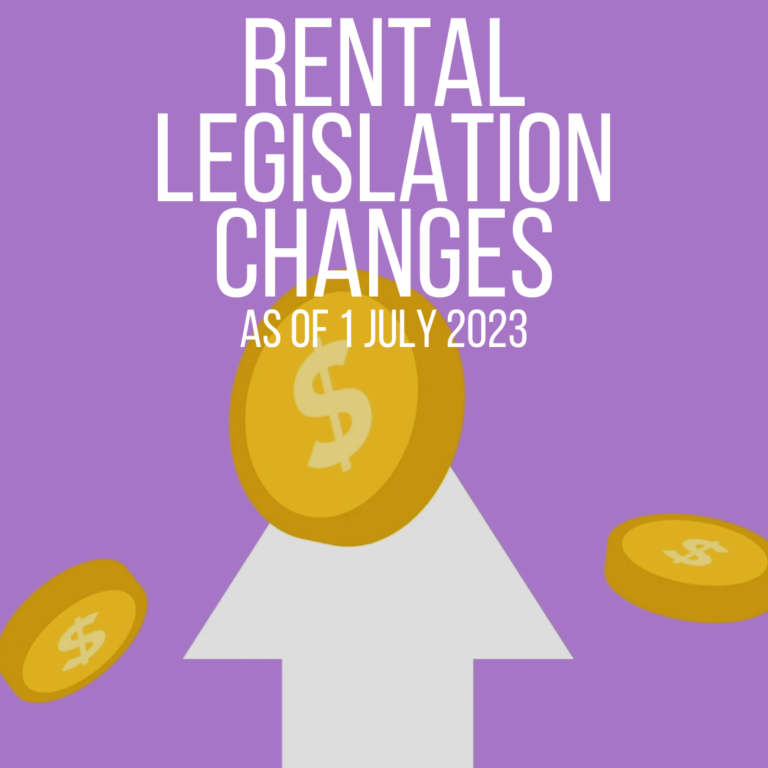As you probably know from 1 July 2023 legislation limits rent increases to once every 12 months. As agents are often the first place renters and owners go for further information, below is a guide to the new changes. For further information – suggest that your clients seek legal advice.
When Rent Can be Increased
The changes are straightforward: rent can only be increased once every 12 months. This is applicable to new and existing tenancies. Basically new tenants, new lease, new rental price.
Any increase after 1 July is valid ONLY if 12 months has passed since the last rent increase.
If tenants change within 12 months ie there is a new tenancy agreement and NONE of the tenants is the same as those on the previous agreement then the rent can be increased. So if a new lease is signed all the tenants must be new too.
If a property is sold and the lease continues under the new owners then the rent cannot be increased until a new lease is in place or 12 months have passed since the last rent increase.
Agreement Amendments Needed
Agreements must outline the rental increase in the following ways:
- the agreement states the rent will be increased
- the agreement states the new amount (or how it will be worked out)
- the property manager/owner gives the tenant at least two months written notice for general tenancies and four weeks written notice for rooming accommodation.
What is a ‘reasonable’ increase?
If tenants disagree with the amount of the increase and question if the increase is ‘reasonable’, it is suggested that they are shown the prices of comparable properties.
Obviously if the owner wants to levy an ‘unreasonable’ rent increase then the same should be done. However, in both cases legal advice should be sought – because there is no definitive answer as to what is ‘reasonable’ rent.
Rental increase is a contentious issue and it is not unlikely that such a situation will end up in court.
Legislation
The changes are simple but it always best that clients seek legal advice.
Call us on or email and safeguard your interests every step of the way- We are your legal problem solvers.







